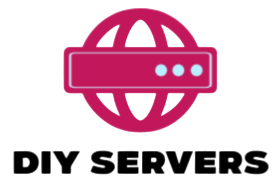Starting a career in the industry without taking a real estate course is getting increasingly risky. Many housing markets have become very complex, so for real estate agents to be successful, they must be licensed and trained correctly. The knowledge and skills given in an excellent real estate course cannot be used only on something other than a job.
Another benefit of taking real estate classes understands the legal and ethical obligations of working in housing. Among the issues dealt with here are laws on property sales, finance, and transfer of ownership, tenant-landlord relations, and housing discrimination. Not knowing these codes or practices may quickly endanger one or their clients during transactions.
Besides legal knowledge, there are financial aspects of real estate which can be learned through a real estate course. Financial capabilities are applicable in almost all duties that an agent carries out, like determining a home value for listings, assisting clients with mortgage procedures, filling purchase agreements correctly or suggesting development plans. Accredited courses guarantee that an agent knows such factors affecting finance and, therefore, gives appropriate advice to customers.
A quality real estate program provides technical knowledge and students on practical duties that will apply when they start working as brokers or agents, including staging home listings for maximum appeal, driving buyer tours and open houses, negotiating deals, completing closing paperwork, maintaining client relations, and promoting the business by generating new leads. Functional readiness would be very helpful in providing competent services during the earliest phase of their careers.
Moreover, accredited real estate classes offer educational credits required by law for state licensure. The agent or broker will only attain an active status if acquiring these board-approved course hours plus passing exams. With proper pre-licensing education, this compulsory requirement is ignored; hence, new agents get certified. Therefore, one’s credibility ought not to be secured through a license as a realtor to deal with clients and firms.

However, an excellent real estate course over and above this technical knowledge tries to nurture intangible skills that differentiate the best agents available. From the point of view of relationships and reputation within the industry, an intuitive agent who can build connections based on trust has a significant advantage. The ethical training in formal real estate schools can make these ‘soft’ talents drive a prosperous career.
Summary
It is increasingly becoming mandatory for prospective agents or brokers to take up approved real estate programs to make it in the current intricate and fast-changing housing market. Nonetheless, quality programs do not come cheap but pay well in the long run when it comes to competent services and growing career ladders.

